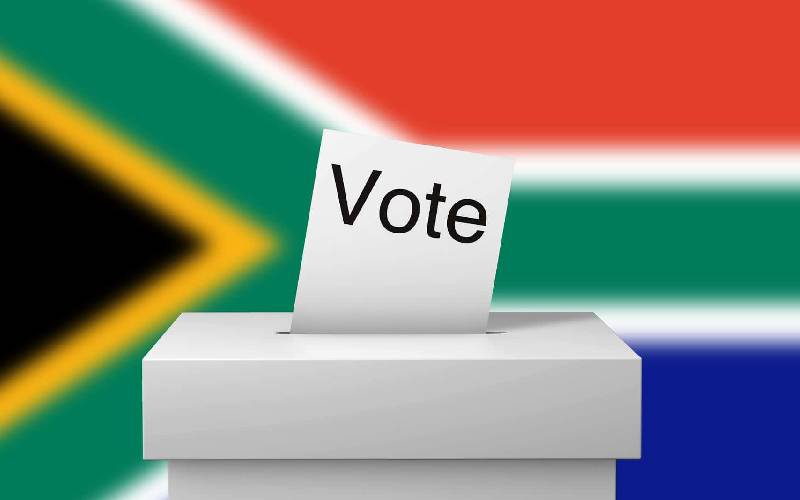×
The Standard e-Paper
Stay Informed, Even Offline

Young South Africans make up the majority of eligible voters who have not registered to take part in next week’s elections, raising concerns over voter apathy barely a generation after many of their parents won the right to vote for the first time.